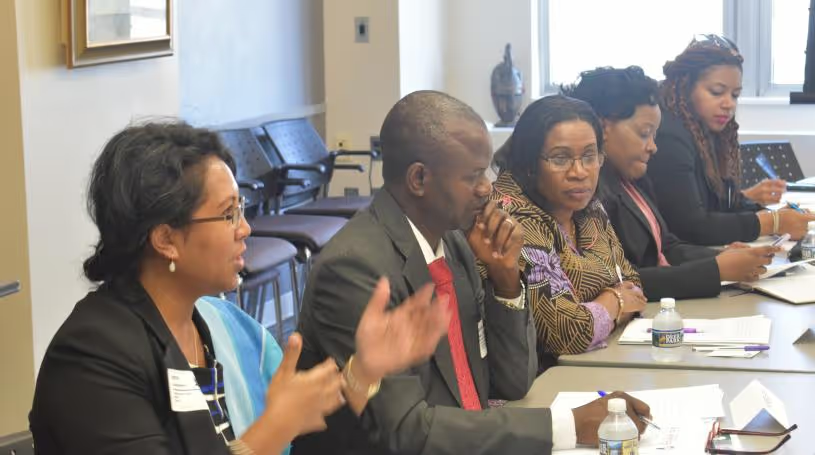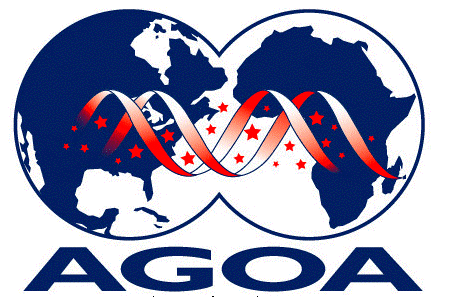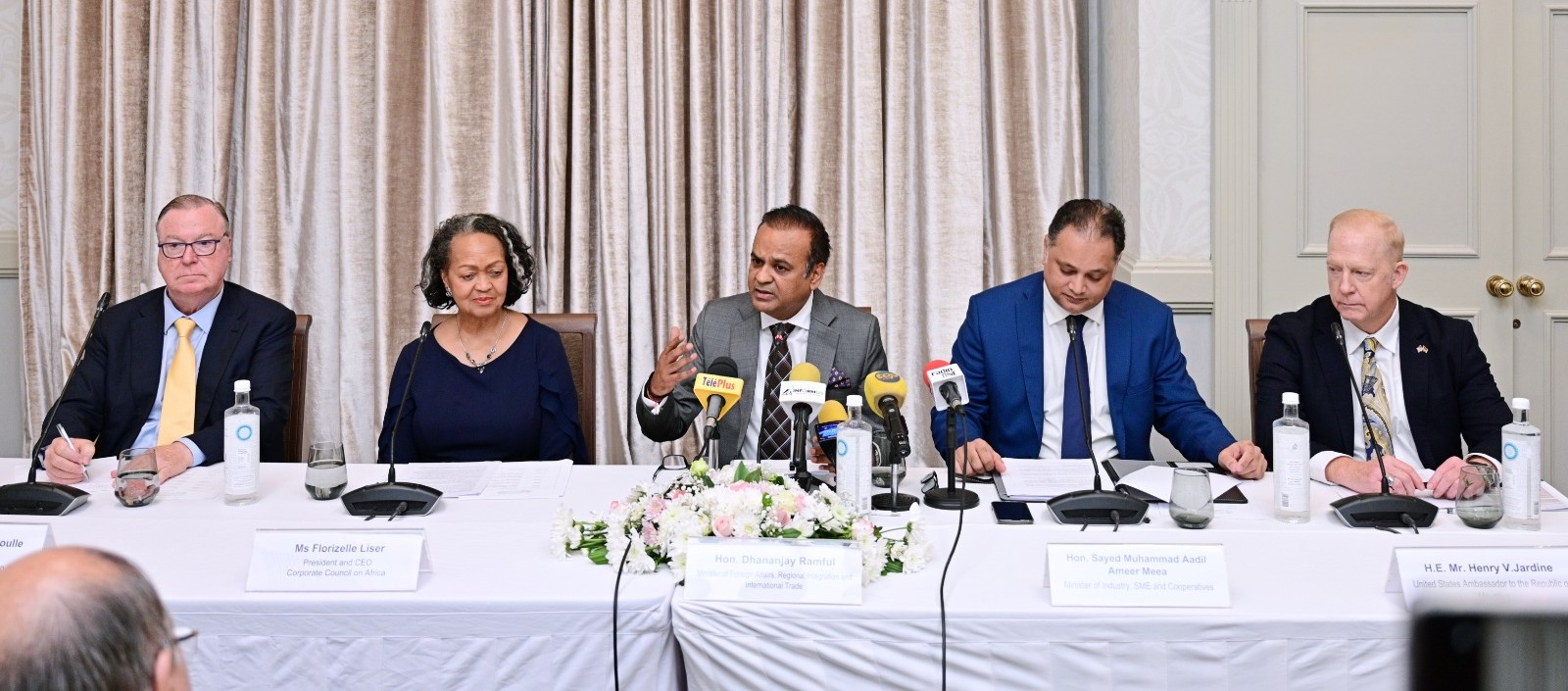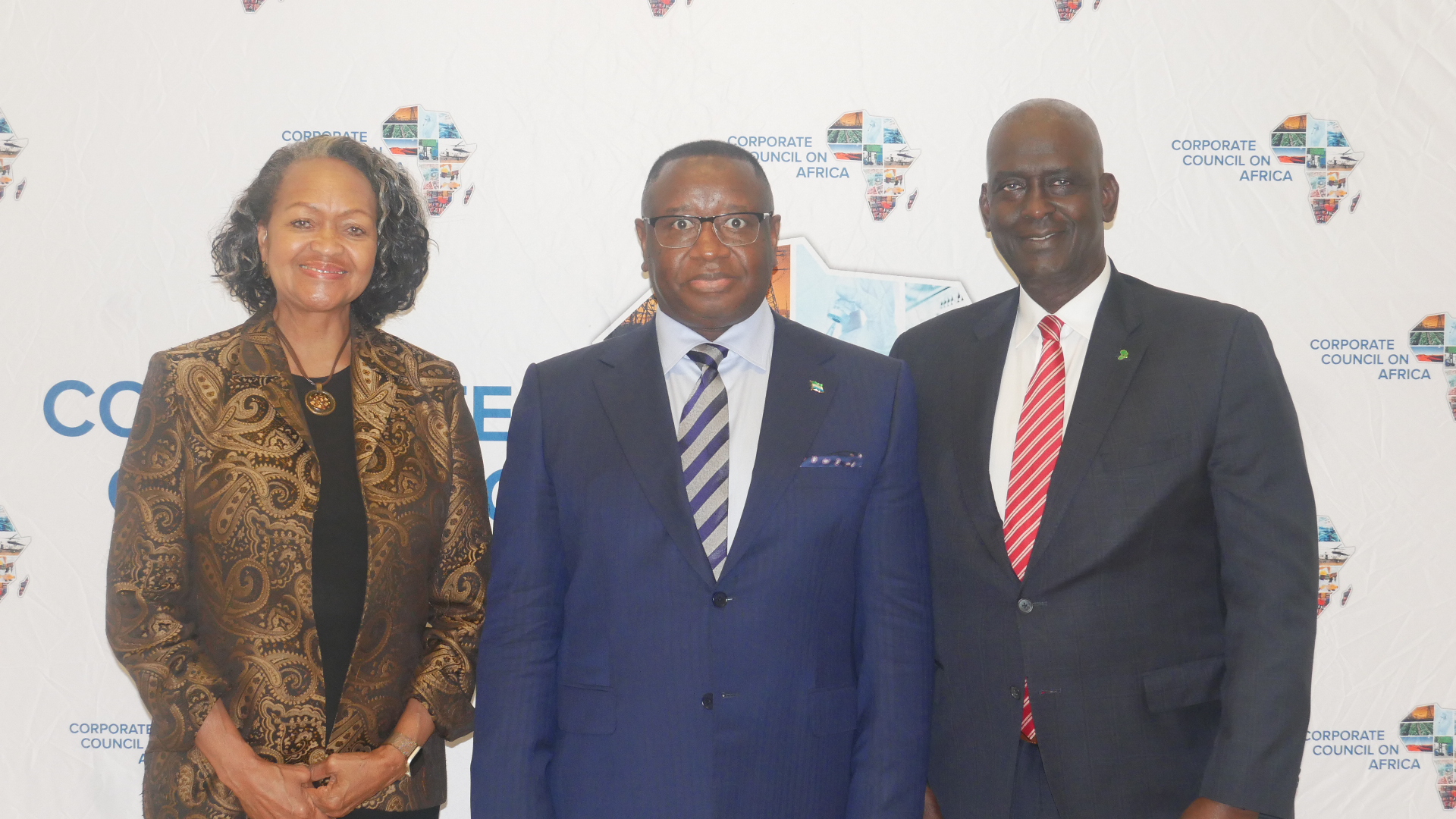Strengthening the Quality of Health Services in Madagascar, Nigeria and Uganda

On Wednesday, September 19th, 2018, the Corporate Council on Africa (CCA) in partnership with USAID’s Maternal and Child Survival Program (MCSP) held a working group session to discuss ways to strengthen quality of health services in Madagascar, Nigeria, and Uganda. Panelists included Dr. Sodzi Sodzi-Tettly (Executive Director, Africa Region, Institute for Healthcare Improvement), Dr. Jesca Nsungwa Sabiiti (Ag. Commissioner, Ministry of Health, Uganda), Dr. Boniface Onwe (Director & State Program Manager, Ebonyi State, Ministry of Health Nigeria), Dr. Chibugo Okoli (Deputy Chief of Party, MCSP, Nigeria), and Eliane Ramiandrison Razafimandimby (Chief of Party, MCSP, Madagascar).To kick off the panel discussion, Dr. Sabiiti discussed the poor quality of care in Uganda. To combat this problem, she said the Ugandan government has spent the last two years mobilizing domestic resources to improve maternal and child care. Dr. Sabiiti gave the following recommendations on ways to improve quality of care: 1) ensure that there is a system-wide approach which is data-driven 2) incorporate auditing e.g. clinical auditing, maternal death surveillance etc. 3) build clinical lab skills of health workers 4) ensure that data is community-driven.Dr. Onwe addressed the state of healthcare in Nigeria. He highlighted that after MCSP intervened at a federal and sub-national level, the program identified gaps in new born resuscitation skills, infection prevention and control, poorly managed third stage of labor etc. Based on the gaps, a work plan was developed with 331 facilities selected in the two states. Dr. Onwe gave the following recommendations on ways to improve health interventions: 1) programs should be inclusive i.e. involving community members, policy makers, recipients of care etc. 2) there should be a learning platform for health workers to meet and critique each other before defining next steps 3) set a sustainability plan.Similarly, focusing on Nigeria’s health system, Dr. Okoli gave the following recommendations: 1) minimize waiting times at clinics 2) better communication e.g. using local languages of healthcare recipients. She also stated that the Nigerian government has begun to prioritize mental health because of the increase in suicide rates, and the codeine syrup crisis in northeastern Nigeria.Eliane Razafimandimby discussed healthcare in Madagascar. She highlighted the delay in getting data to the appropriate headquarters, stating that it takes about 6 months for data to be moved from the district level to the national level. This delay prevents policy makers from addressing pressing health problems within a reasonable time frame. Regarding abortion being a major driver of maternal mortality, an MCSP representative explained that based on the current U.S. pro-life policies, U.S.-funded NGOs are prohibited from supporting abortion. Concerning how African governments are addressing abortion, Dr. Okoli mentioned that abortion is still illegal in Nigeria; however, the Society of Gynecology and Obstetrics of Nigeria is implementing post-abortion care in secondary facilities. According to Razafimandimby, like Nigeria, abortion is illegal in Madagascar, but the government has established post-abortion care including family planning.



